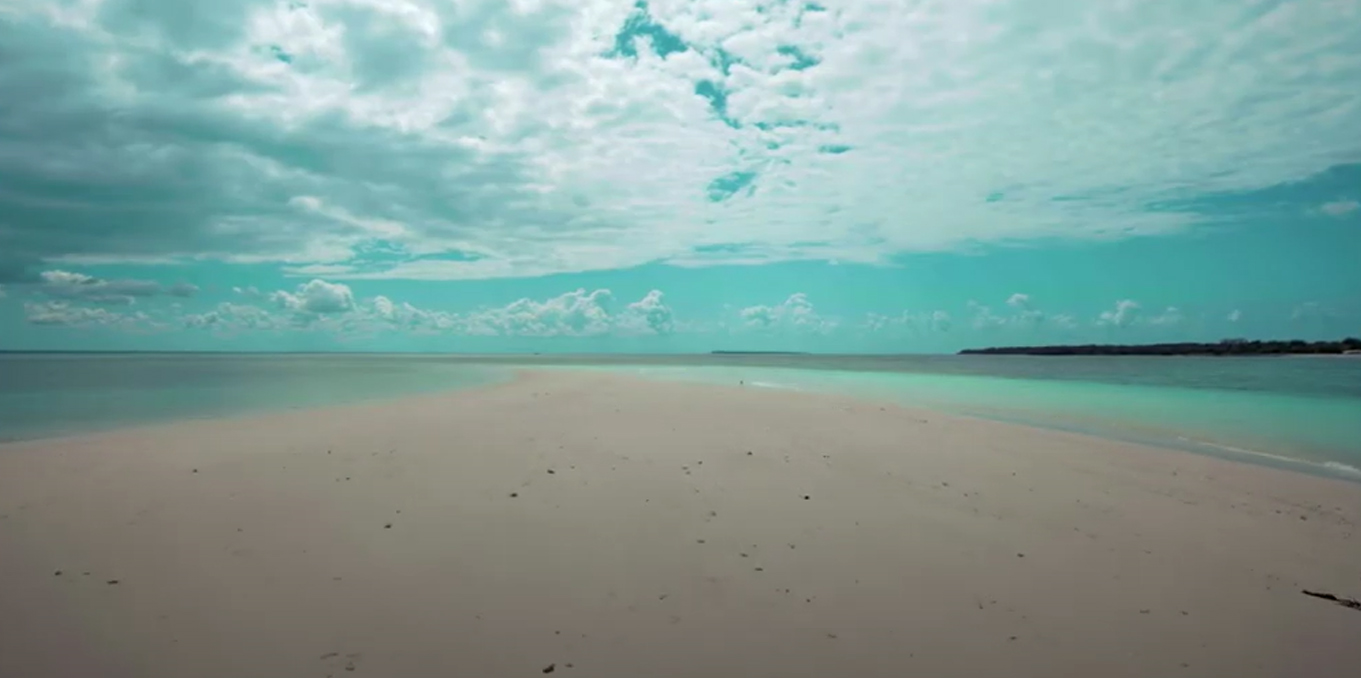Managing Fear and Worry
This past year has been extraordinarily taxing for almost every one of us. Prior, life, for many of us, ticked along, and then suddenly as coronavirus took hold it appeared that life as we knew it came to a halt; followed almost immediately by a profound change in how we live our daily lives. There have been dreadful events worldwide, some covid-19 related and some not, and, while some people may have seen life improve in some ways as the rat-race slowed down, for many, there remains a feeling of fear. Covid-19 has now made its way into 2021, and we are still unsure of what is to come. Vaccination is progress, yet uncertainty remains. When confronted with the unknown to the extent we are currently, it is natural to feel fear and worry.
Numerous clients have come for psychotherapy to alleviate anxiety, trauma, depression, relationship issues, loneliness and isolation, stress and issues at work, to name but a few. I can see, hear, and feel within the therapy room and beyond it, that fear and worry are rife. Some worries and fears seem tied to specific past or current events or feared future possibilities. Others seem almost low-level and ever-present. It would not be ideal for worry and fear to be completely absent, after all, fear
is fundamental to our very survival, informing us of what feels wrong, risky, or potentially fatal, helping us to keep ourselves safe.
But for many, fear and worry seems to be a raw nerve, repeatedly pressed on, whether it’s from something we see on the news, or from personal bereavement, loss, change, fear of illness in ourselves and others, death anxiety, proximity to others, and general uncertainty. These feelings are natural and ‘normal’.
Remember you have choices. If we are to take a cue from existential philosophical thought, is that
your fear, and worry, does not have to entirely dictate how you feel in your life. Uncertainty is not the enemy. It does not have to strike you catatonic, nor does it have to prevent you from really living. When faced with bleak external circumstances that are outside of our control, we have choices about our outlook and attitude. Even not choosing is making a choice.
Self-sooth without harm. Reach for what brings you comfort, gentle distraction and harmless pleasure. Sensory things which ground us, can be so good for our bodies and minds, while faced with the unknown. Whether it’s watching something that makes us laugh; having a hot bath or shower with nice smelling wash products; listening to music that brings a feeling of happiness; looking at photographs that bring joyful memories or are beautiful places we hope to go; moving our bodies; or even snuggling in some soft clothing, wrapped in a blanket. This list is not exhaustive.
Stay present as much as is possible. Anxiety loves projection, and the more we engage with what we think may or may not happen in future, the bigger our anxiety grows. To ‘right-size’ anxiety, trying to connect to our breath in this moment, from moment to moment, putting one foot in front of the other, can help us manage pain and discomfort. Meditation practice can be great for this, and we have a free meditation available here which I hope is helpful to you.
Try not to weather the storm alone. Sometimes connection to new grounded people can be a joyful pursuit. Alternately, if you already have the support of others, keep hold of it. Some of us find great strength in our family or our friends, or people who we know who will listen with empathy. If you are able to talk to them, express yourself, be who you are and share your experiences and emotions without the fear of judgement, this is likely a valuable source of support, and can help with alleviating distress.
Be there for others. Offering empathy, learning about others perspectives, listening to others feelings (within limits), and ultimately supporting one another, can result in a feeling of usefulness and connectedness, reducing feelings of isolation and ‘being in one’s own head’.
See your thinking for what it is. Dependent upon the circumstances, sometimes the difference between feeling fear and worry or not, is the amount of time spend thinking about things. Our thoughts are often just thoughts and are not facts. It can be helpful to notice thoughts, but not follow them to their conclusion, much like noticing a dark and suspect alley-way and making the decision not to enter it.
If overwhelmed, seek therapy.
You may be reading this and thinking it is simple in theory to manage these legitimate discomforts, but not easy in practice. For those of you who feel truly overwhelmed and lost with fear and worry, we see you, and we are here for you. We offer anxiety counselling, stress counselling, and depression counselling, as well as therapy for overthinking, to help people who are struggling, to help themselves. If you are suffering, you needn’t struggle alone. We are currently offering free 30-minute consultations for people thinking of starting therapy.
Please contact us here at www.therapyunlimited.co.uk and click book appointment, or, call us on 0203 488 5396.

